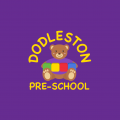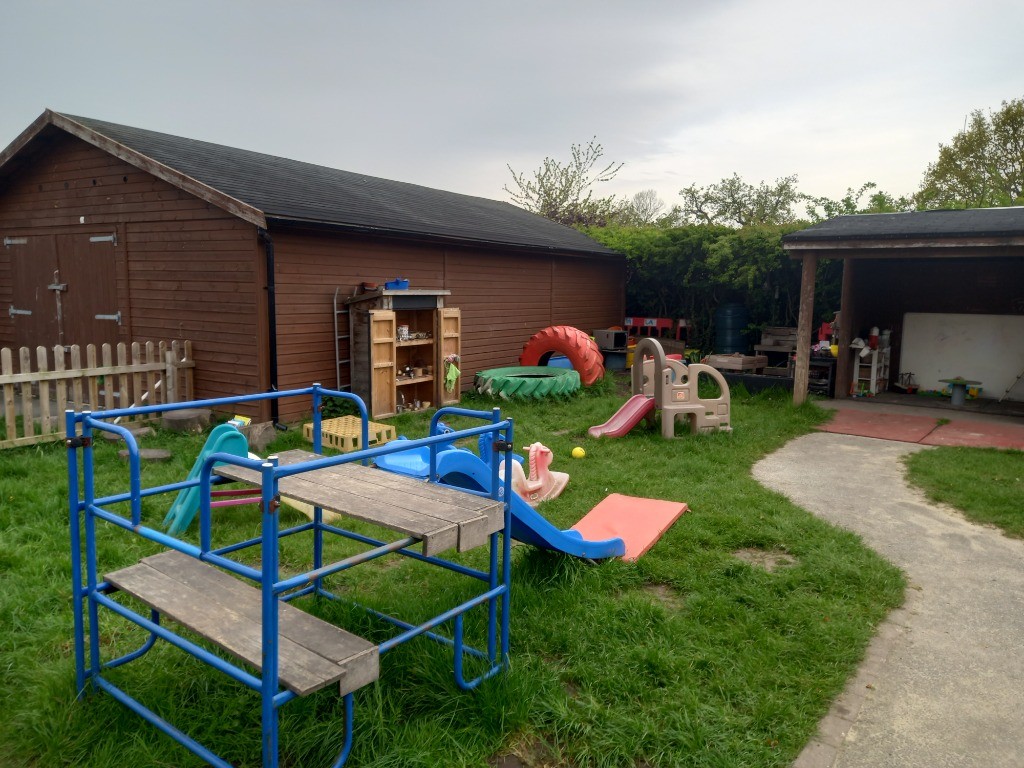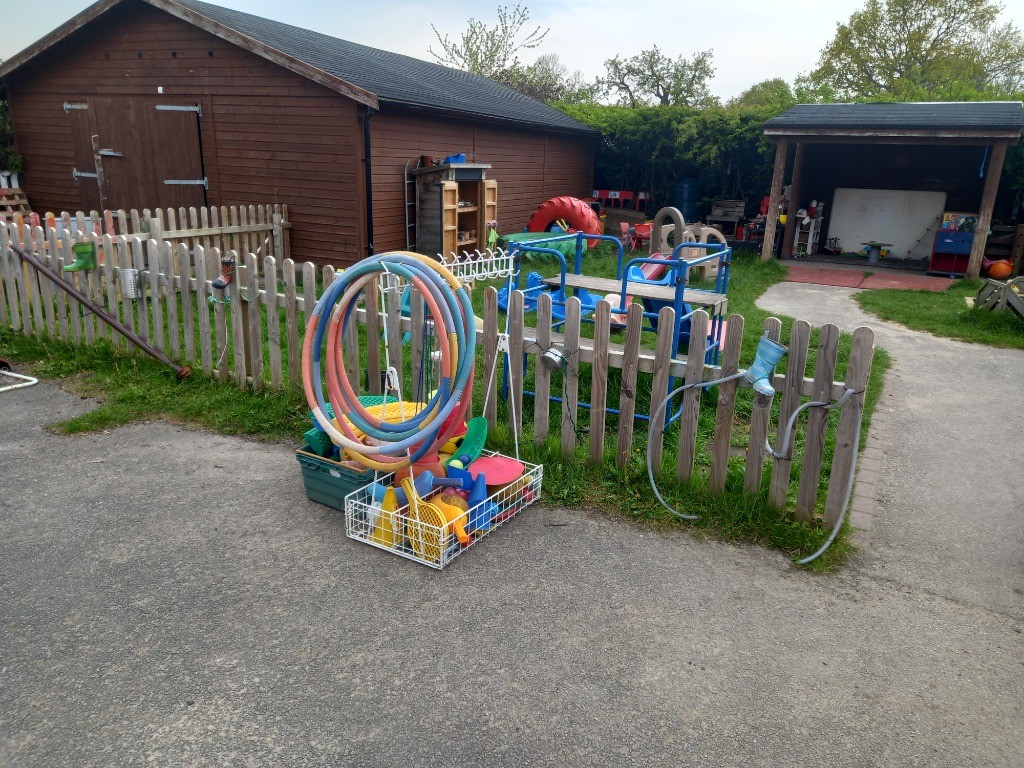You’ve scoured the Google results, asked your friends, viewed websites and yet you’re still not sure exactly how to choose a pre-school for your child. It’s an important decision, but how do you know which is ‘the one’?
Choosing the right pre-school can impact your child’s early development and future academic success. While this sounds scary, you can rest assured that every pre-school needs to follow the Early Years Foundation Stage programme (in England) so you can’t really go too far wrong when it comes to education.
But pre-school does play a vital role in shaping a child’s social, emotional, and cognitive skills, making it essential to select one that aligns with your values and meets your child’s needs. That’s why we’ve laid out some key considerations to guide you through the process.
1. Consider your priorities
Before diving straight into the search, you should take some time to think about the pre-school must-haves for you and your child. What parts of childhood education are the most important for you and them? Would you like a pre-school that mirrors primary school or one that follows a more relaxed, play-based learning system? Perhaps a combination of these things will be right for you.
2. Research some common schooling philosophies
You may have already heard of some common education philosophies, including play-based learning, Montessori, Waldorf, Reggio Emilia, and more. Each one has its own set principles that can be followed to encourage learning and independence in your child. Some pre-schools choose to follow the principles exactly, whereas others take bits and pieces from each.
By doing your research in advance, you can ask the right questions of a pre-school to find one that aligns to a method you like.
The philosophies may not be a priority for you, in which case you wouldn’t need to choose a pre-school based on such theories.
3. Think about your child’s needs
Every single child is unique. We can certainly vouch for this, having run our pre-school for more than 35 years. This is why considering your child’s individual needs is crucial.
Take into account your child’s temperament, interests, and any special requirements they may have. Some children thrive in structured environments, while others may benefit from more flexibility and creative expression. Assess your child’s personality to find a pre-school that caters to their specific developmental needs.
4. Think about locations
A pre-school should be in a location that works for you. This could be near to home, so you can easily drop your children off, or it could be near to work, so you know you’re nearby if there’s a problem. If you don’t drive, you’d have to consider transportation options (bus, train, etc).
Narrowing down your location could definitely help you in your search and makes it a little less daunting, with fewer pre-schools to choose from.
5. Check their policies and reports
Each pre-school has to adhere to certain educational standards, and will receive surprise Ofsted inspections. You can take a look at the Ofsted report of the pre-school and also review any safeguarding policies they have in place.
You can view Dodleston Pre-School’s Ofsted report here.
You might also want to find out their disciplinary policies and sickness policies. What happens if your child gets a temperature or is sick while at pre-school? What do they do if a child misbehaves? Knowing how such situations are handled can be useful for you as a parent to understand.
6. Visit the pre-school
No decision can be made without seeing the pre-school in person. Many parents say they just feel a ‘vibe’ when they see a pre-school they like. Sometimes, it feels like there’s no specific reason for the good vibe, but it usually means you’ve found a school you like!
During a visit, you’ll be shown around by one of the purple ladies, allowing you to observe the environment, see the staff‒pupil interactions first hand and get an idea of the overall atmosphere. It’s a great chance to ask any questions you might have, whether it’s about what you should bring to pre-school or how you can pack a healthy lunch for your child.
7. Review the curriculum and learning activities
Each pre-school has to adhere to the Early Years Foundation Stage curriculum (EYFS) that’s aimed at children age 0 to 5. The curriculum has 7 principles that it says pre-schools should include in their education. These are:
- Communication and language
- Physical development
- Personal, social and emotional development
- Literacy
- Mathematics
- Understanding the world
- Expressive arts and design
These things can generally be done through play-based learning, but you may want to specifically ask the pre-school about their learning activities and how they enforce them.
8. Enquire about parental involvement
Many pre-schools, like Dodleston, rely on parents to help out or be on the committee to run the pre-school. It’s important that parents are involved to help contribute to the child’s overall wellbeing and development. A parent-run committee also means the children will always be put first – they don’t have a secret agenda or any personal gain for making changes or decisions on the day-to-day running of the school.
9. Ask about how they ensure a good transition to primary school
Knowing whether a pre-school ensures a good transition to primary school could help you to make your final decision. You want a pre-school that gears your child up for school and prepares them in the best way possible. It should equip them with the necessary skills, like early literacy and numeracy, but also social and emotional development. Be sure to ask whether they currently have any collaborations or communication with the local primary schools.
At Dodleston Pre-School, we have close links with Dodleston CofE Primary School to ensure your children start their schooling life on the right foot.
10. Seek recommendations and reviews
It’s hard to know what a pre-school is actually like if your child hasn’t attended before. Therefore, the best way to find out is to speak to other parents who have children there or read reviews online.
Reviews can usually be found on Google, so a quick search of “[pre-school name] reviews” should give you the information you need. Alternatively, speak to friends that have children to see whether they’ve heard good things about the school you’re considering.
11. Trust your instincts
Ultimately, you should trust your instincts and observe how your child reacts during visits to the pre-schools. Pay attention to your gut feeling about the environment, the staff, and the overall atmosphere. Your intuition will help you to make the right decision about your child’s early education.





